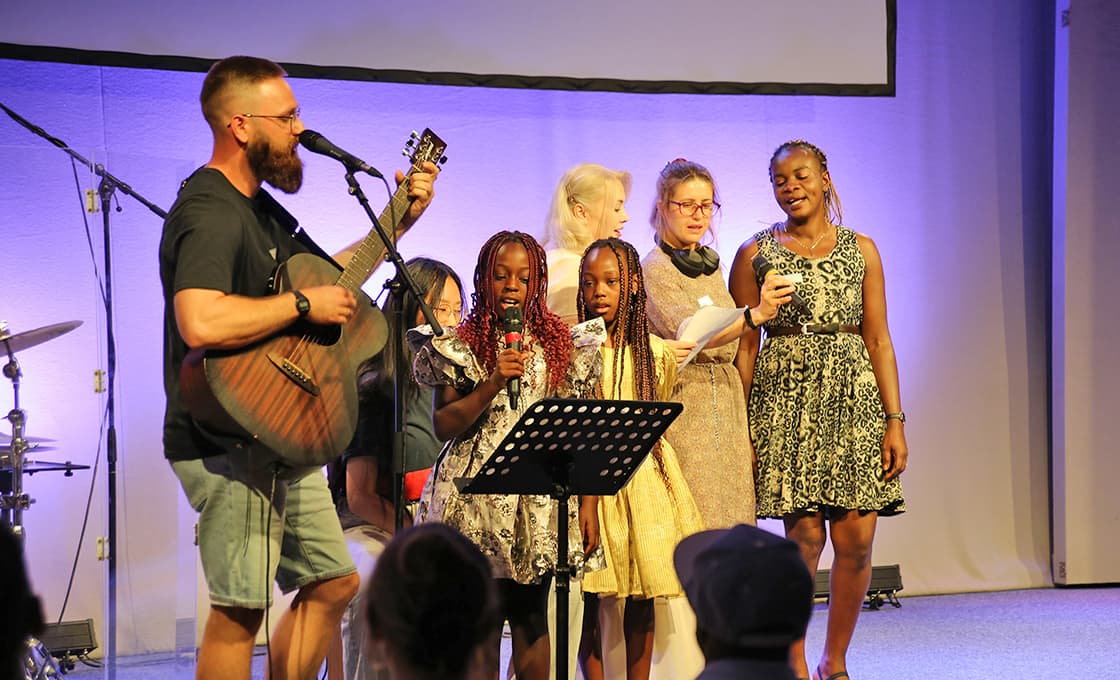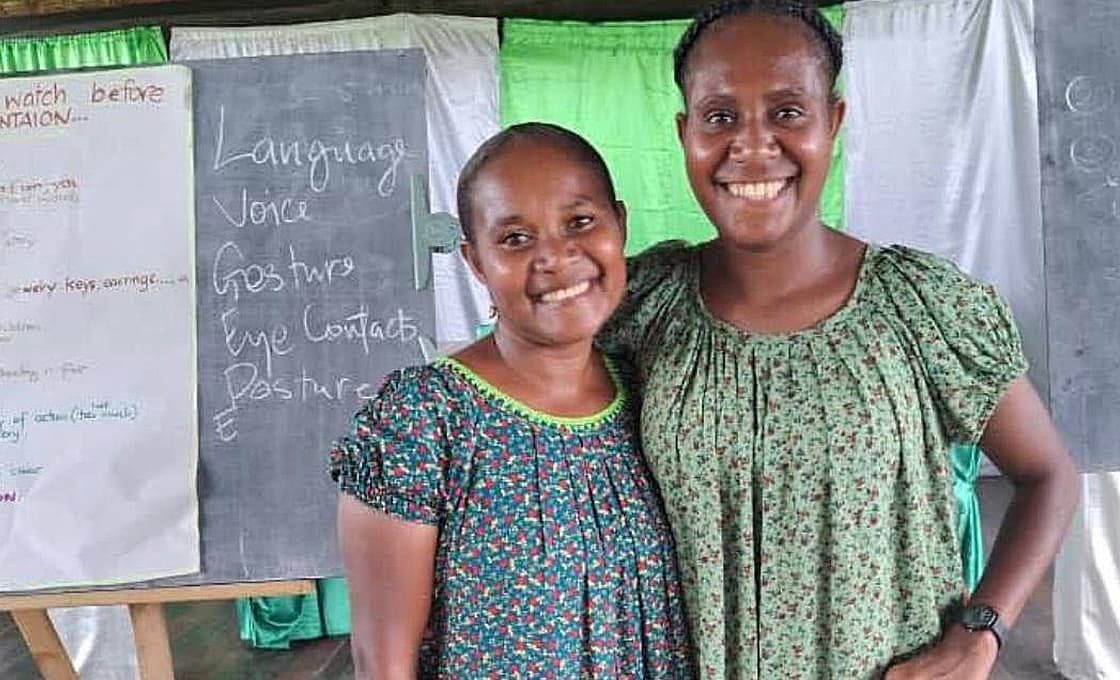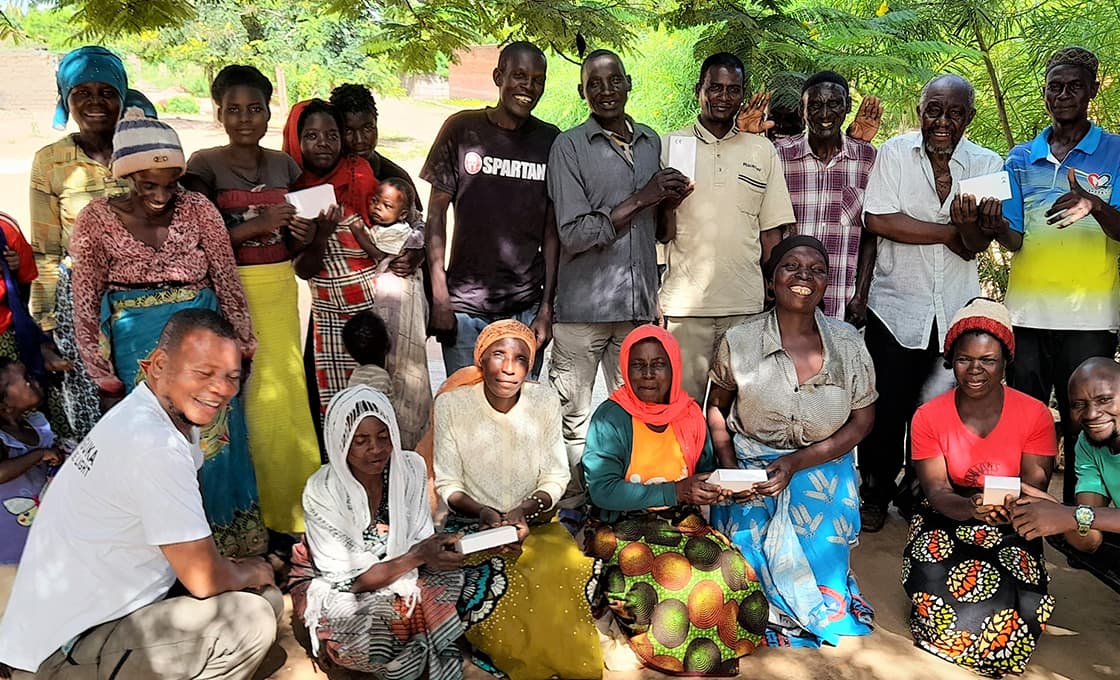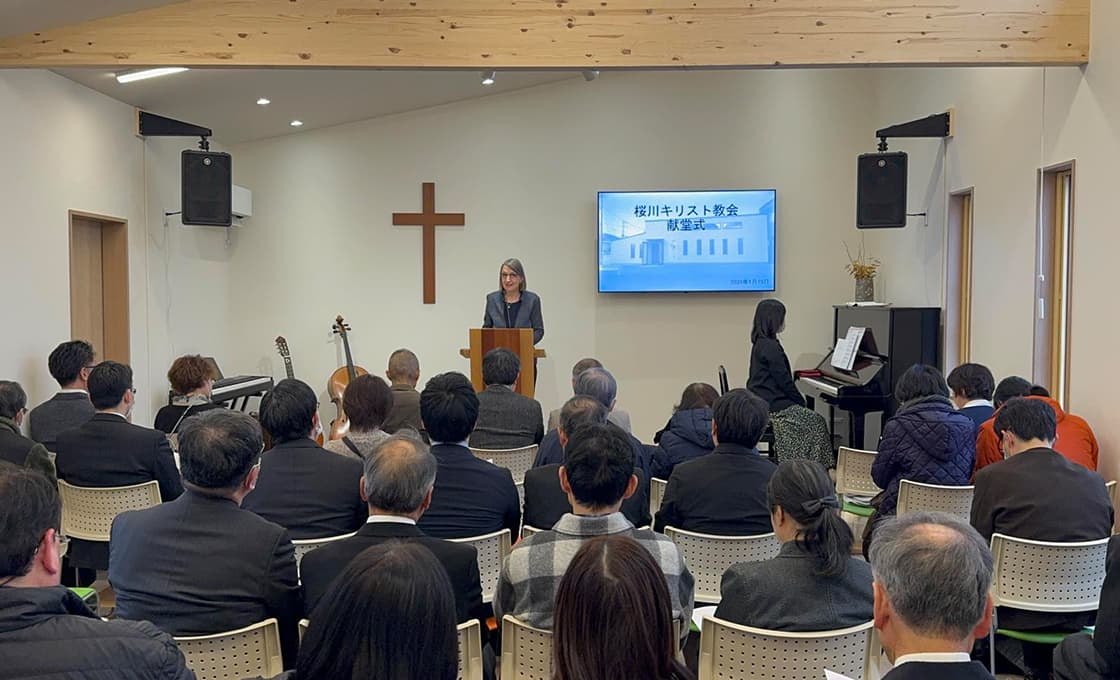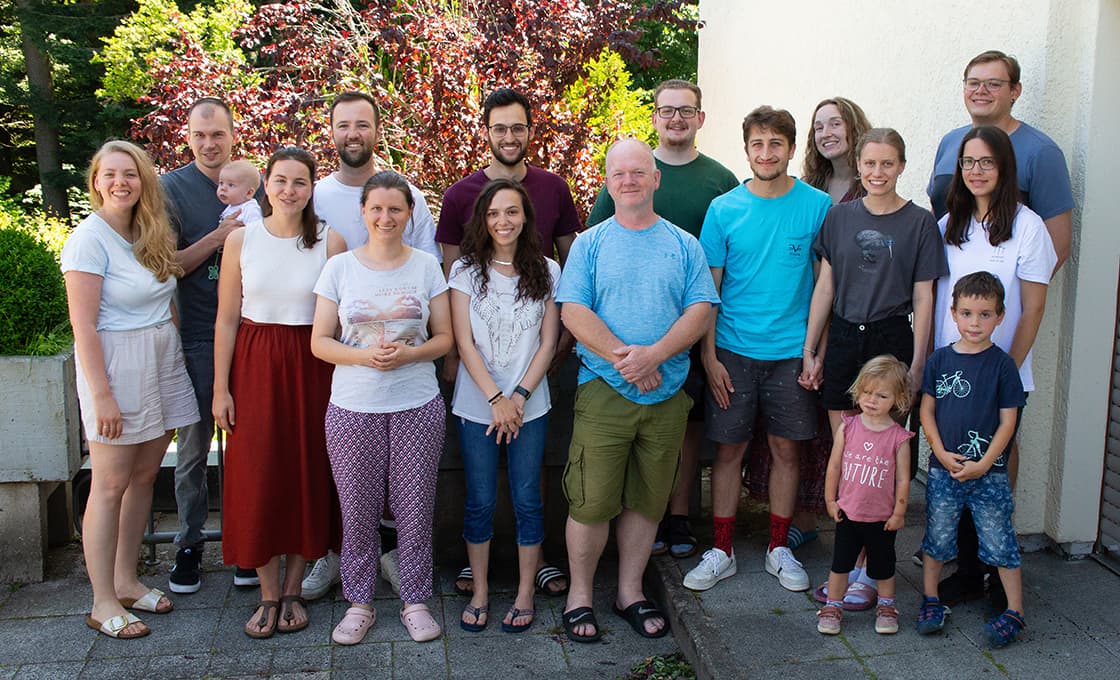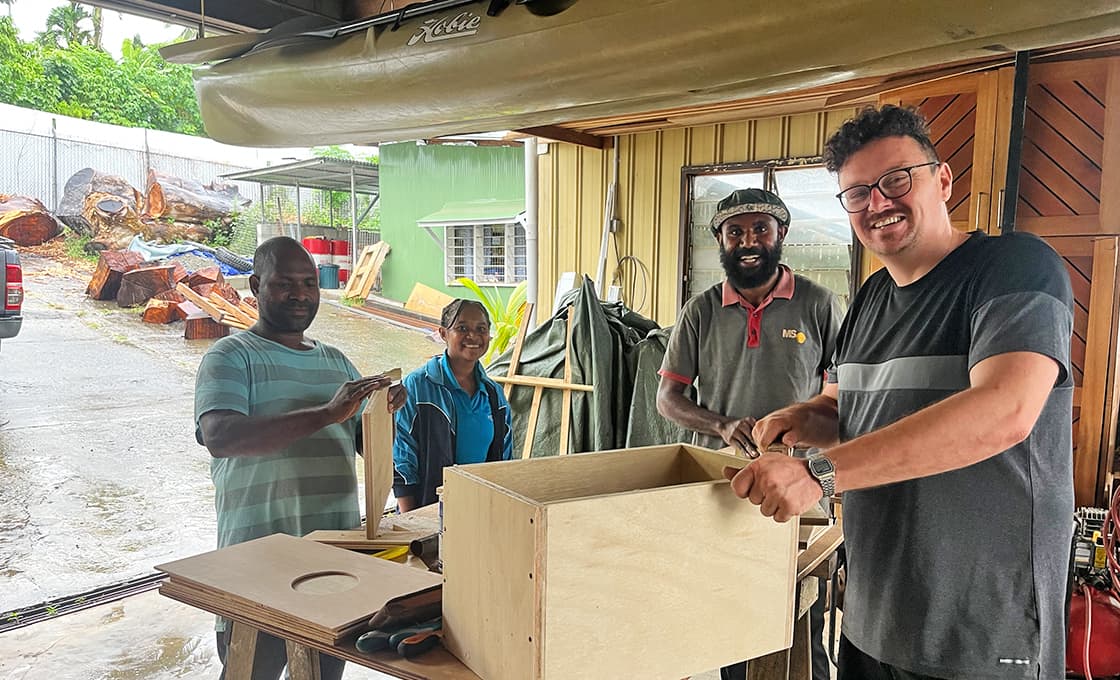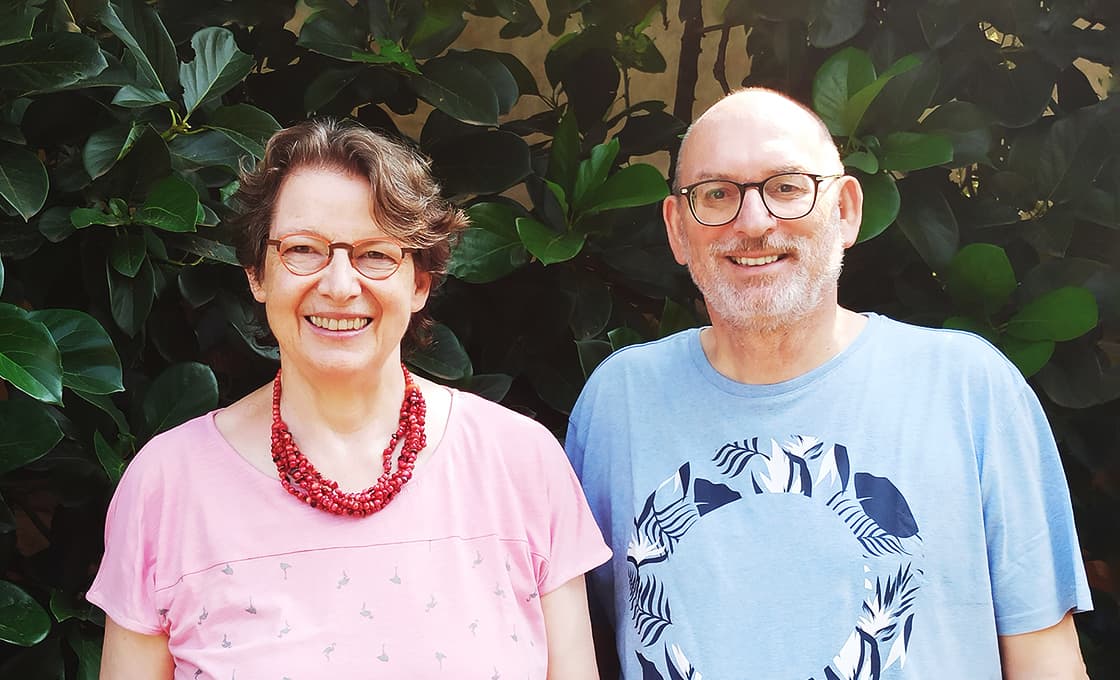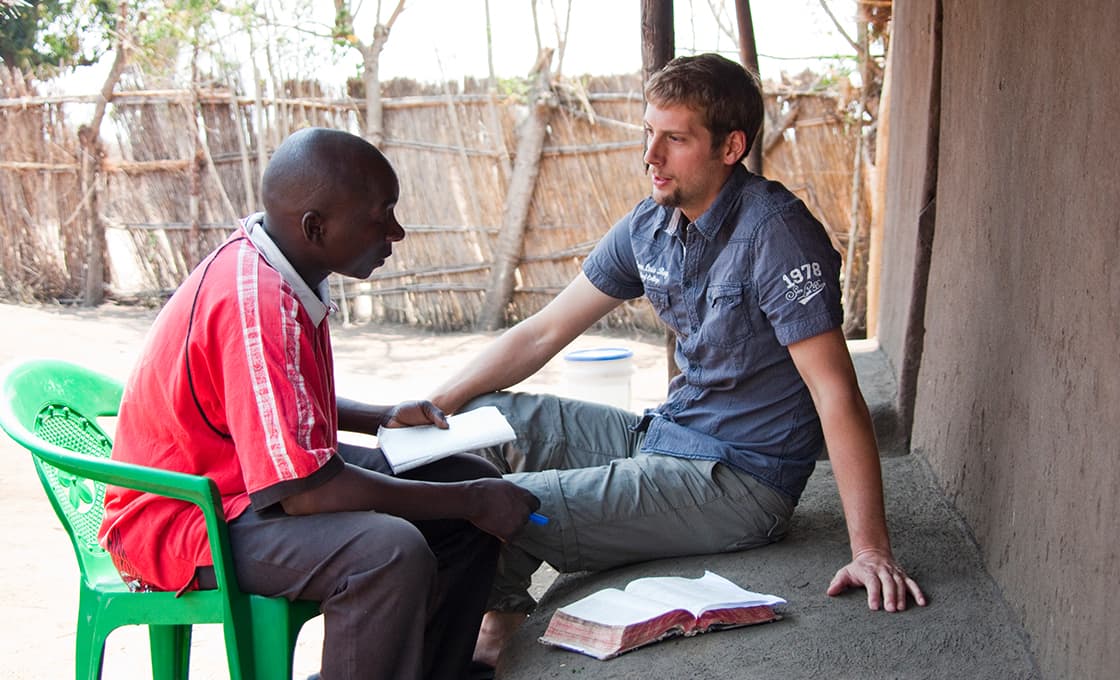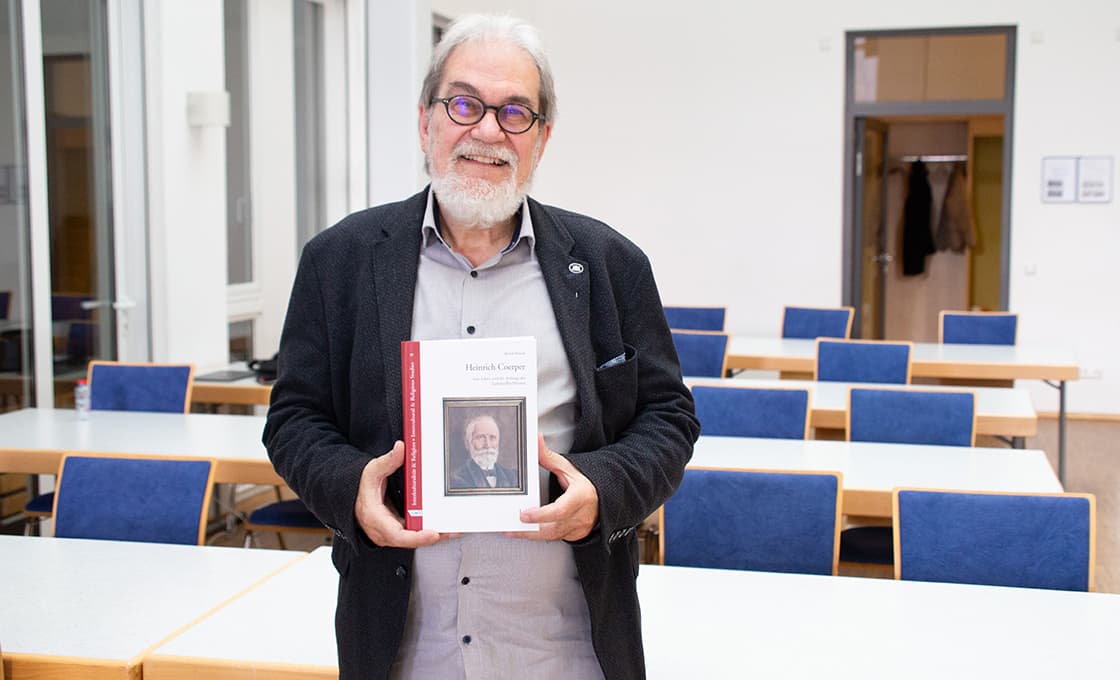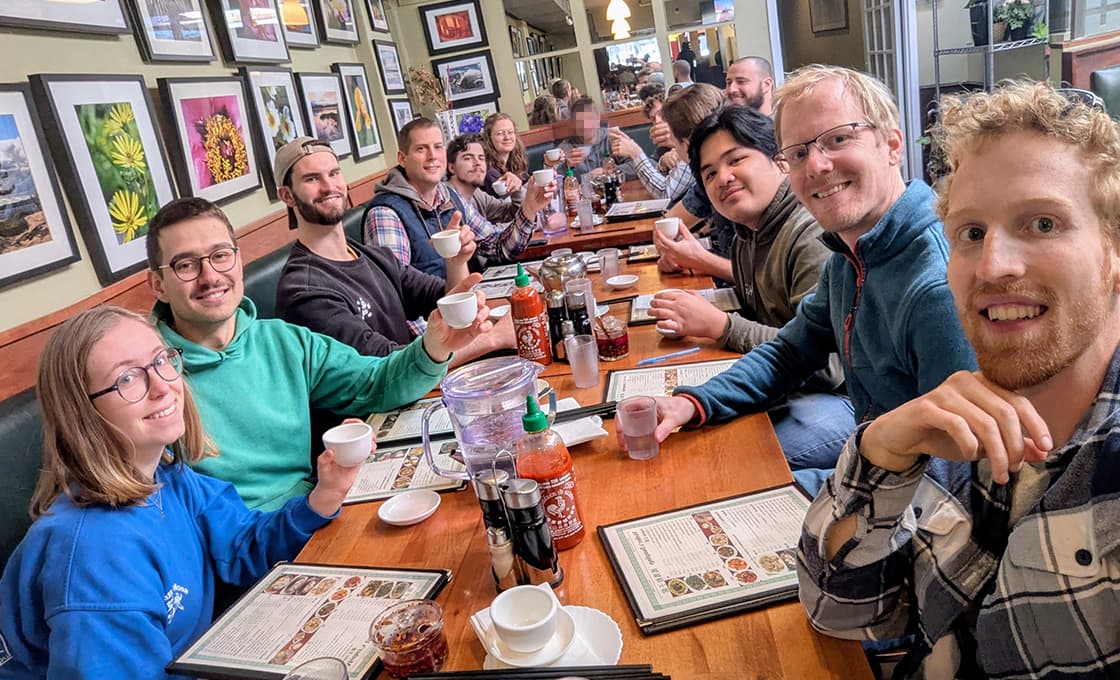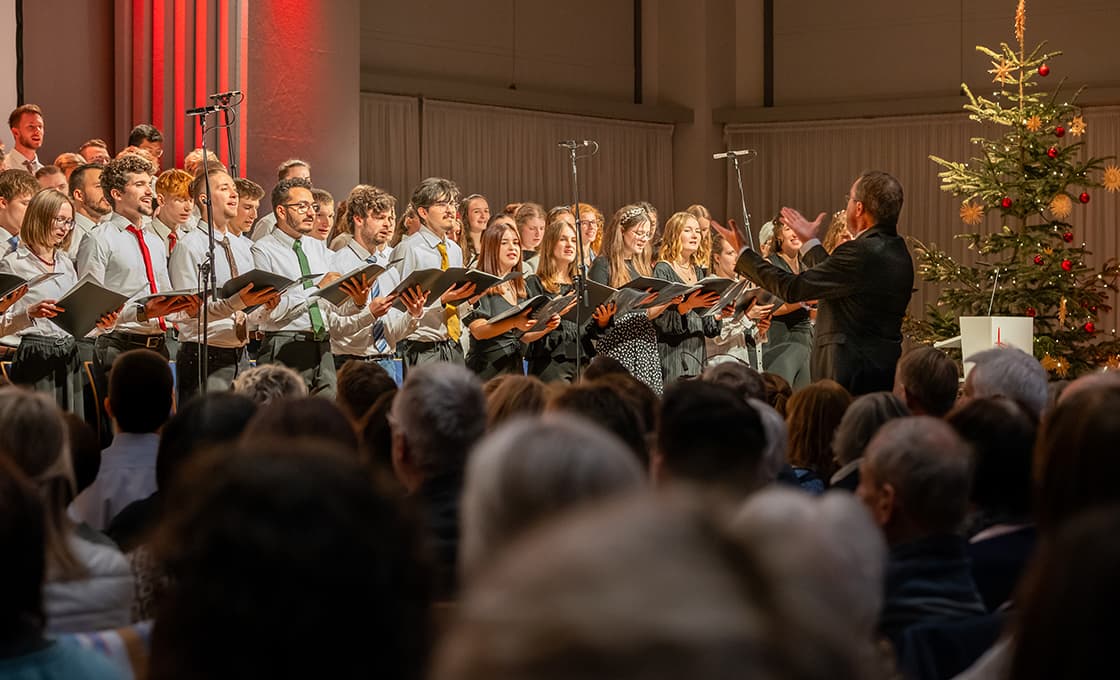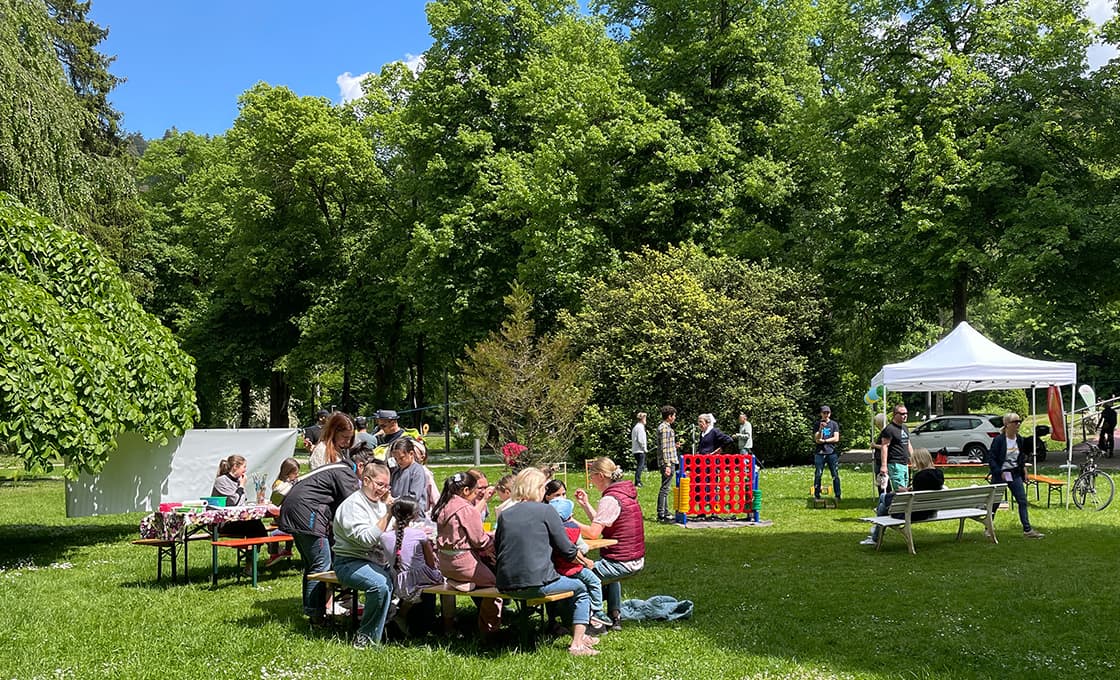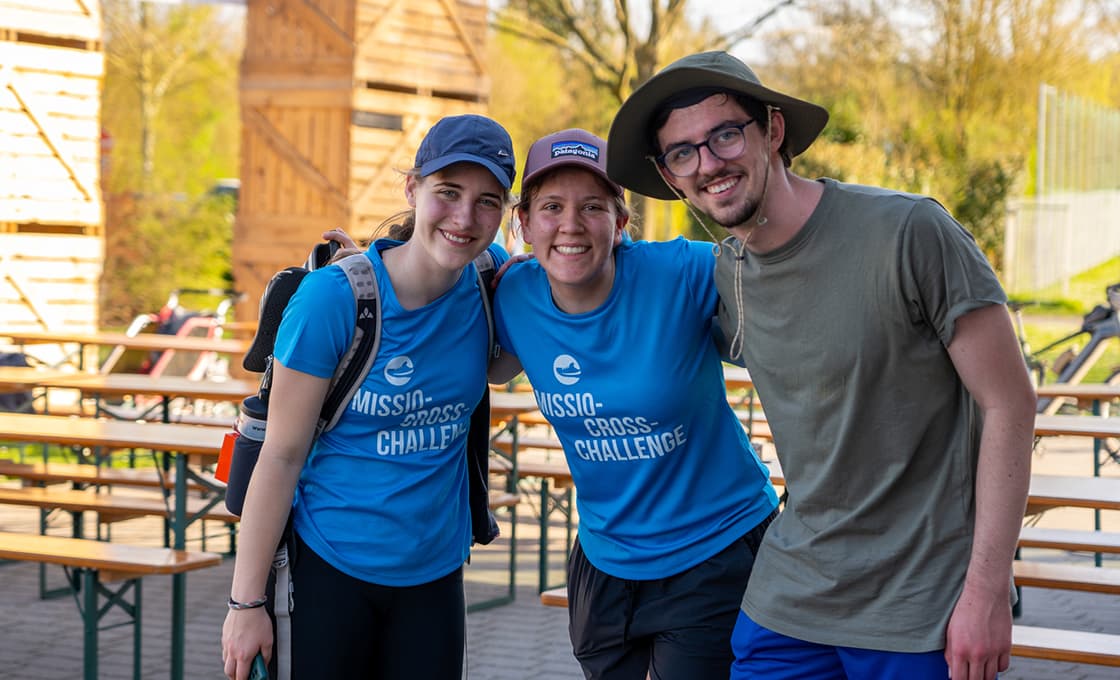
Our faith, our values and our focus worldwide
Facts about Liebenzell Mission in English
On this page, you’ll find key information about the work of the Liebenzell Mission in English. Just click through the FAQs to learn more about our vision, values, and global projects. As an international organization, we’re grateful to serve with dedicated co-workers and friends worldwide, united in our commitment to God’s work. We invite you to watch our featured video and explore various e‑papers, which provide deeper insight into our projects and their impact. Join us on this journey of faith and transformation—every contribution makes a difference!
Vorschau aus Datenschutzgründen. ‘Video anzeigen’ übermittelt Daten an Vimeo.
Mehr Infos zu VimeoLiebenzell Mission
What is Liebenzell Mission?
Our approximately 250 missionaries are at work on all continents, in more than 20 countries. In remote areas of Africa, in the South American highlands or in metropolitan areas such as Berlin and Tokyo. Under the motto “With God from person to person”, they pass on the Good News of Jesus Christ and help the disadvantaged. Because God sends and people are close to his heart.
As an evangelical missionary and independent organisation, we finance this work largely through donations. Our employees plant Christian churches, provide training, are involved in social projects and help in acute emergencies.
We work on an interdenominational basis with more than 80 churches and organisations worldwide. Long-term cooperation with local partners is important and valuable. That is why we also provide regular financial support to more than 200 local employees around the world. Our goal is for Christian communities to emerge, become independent and work for their neighbours in their environment. Living faith is our hallmark. We are committed to helping people who are in need – in children’s villages and schools, but also in training and nutrition programmes.
We consciously pay attention to the sustainable development of our projects. As a reliable Christian partner, our employees have repeatedly remained on site in the past, even during disasters, shortages or civil war situations.
Commitment to others was also important to the English missionary pioneer James Hudson Taylor. In 1899, he asked Pastor Heinrich Coerper to found a German branch of the China Inland Mission. This was the starting signal for our missionary organisation – at that time still in Hamburg. A few years later, Heinrich Coerper moved to Bad Liebenzell in the Black Forest and we became “Liebenzell Mission”.
For us, world mission and education have always belonged together. Young people are the decision-makers of tomorrow. That is why we invest in them: The International University of Applied Sciences Liebenzell (IHL) and the Intercultural Theological Academy (ITA) train well over 300 students – for mission, church and social services all over the world. With the impact programme, young people can do short assignments and voluntary service worldwide with a discipleship programme.
We also include the Liebenzell Mission Sisterhood – a community of life and faith. Although most of the missionary sisters are retired, they are still wholeheartedly committed to the mission.
We want people to experience good things in body, soul and spirit. That they encounter life and God. The Christian Guest Houses Monbachtal offer a good opportunity for this. They are surrounded by beautiful nature. Here, individual guests or groups can relax, continue their education or get active.
If you would like to experience God’s wonderful world together with others, Liebenzeller Mission Freizeiten & Reisen – one of the largest Christian organisers of group trips and camps in around 40 countries – is the right place for you.
We love encounters. Everyone is welcome – to take a look behind the scenes or to attend our events. Every year, thousands come to mission festivals, congresses, children’s and youth events or follow the events via livestream. Contemporary media such as TV formats, apps and podcasts open up new horizons.
We have people in our sights – whether there are many or just a few. Because God’s love is for everyone and gives hope, we are on the move around the world.
Liebenzell Mission. With God from person to person.
What is the focus of the work worldwide?
Where do you set the focus of your work? What motivates you? These are questions we keep hearing. And with justification.
There are countless areas of operation for missionaries worldwide. Working professionally requires a concentration on key areas and focusing of the work.
Strategic Initiative 1: Planting Congregations
We plant congregations! For, young and old, rich and poor, locals and foreigners should meet God in diversity and contribute to integration and reconciliation as blessed persons.
Strategic Initiative 2: Serving people
For many people, each day is a struggle for survival. Local congregations become relevant to their environment by meeting the needs of the people. This is how Christian faith becomes visible.
Strategic Initiative 3: Living the Partnership
We cooperate closely with over 60 partners abroad. Because mission at eye level is important to us – influenced by common aims and mutual learning! Even in crisis, disaster, bottlenecks or civil wars we remain reliable partners.
Strategic Initiative 4: Encouraging mission
We enable people of different cultures to act missionary in their country and all over the world! In a time when many people have lost all perspective, mission is more necessary than ever. Because mission means salvation, hope and multiplication.
How do I become a missionary?
There are two ways to become a missionary with us.
The classic way
Get comprehensive and competent training for your ministry as a missionary with us in Bad Liebenzell: Study at the International University of Applied Sciences Liebenzell (IHL) or at the Intercultural Theological Academy (ITA). You will receive a practically orientated course of study that will also allow you to develop as a person and a Christian. Our internationally oriented study and life community offers the ideal basis for growth in your personal spiritual life and the formation of a Christ-centred character.
During your training, you will also complete internships in churches and abroad. At the ITA, you will spend six months in Toronto, which is considered the most multicultural city in the world.
The path as a career changer
If you have a degree or vocational training, are sufficiently involved in a church and have a passion for other people and cultures, you are in the right place with us as a career changer. It is important that, in addition to your professional qualifications, you can see yourself working in a church planting or church work.

125 Years of Liebenzell Mission
FACTS • FACES • FIGURES
Explore 125 years of faith, resilience, and global impact with Liebenzell Mission’s anniversary ePaper! From inspiring stories to milestones that shaped our journey, dive into the heart of our mission to bring hope worldwide. Celebrate this legacy and be inspired—discover it all in the ePaper!
Liebenzell Mission • compact
VALUES. • FOCUS AREAS • STORY
Discover the inspiring work of Liebenzell Mission around the globe in our ePaper! Learn about our values, worldwide partnerships, and transformative projects, from community development to church planting. Dive into real stories of hope and mission, and see how we’re making a difference through faith and action. Get inspired and be part of this journey by exploring the ePaper today!

Faith and values
What is the statement of Faith of Liebenzell Mission?
- We believe in God, the Father.
We believe that God created and sustains the world and humanity through his Word and has ordained and enabled us for fellowship with him and our fellow humans.
God has created every human being in his image (Genesis 1:26) and given them a dignity that can neither be lost nor damaged. This includes the unborn, weak, poor, displaced, disenfranchised, sick, disabled, old, dying.
We as human beings come to find and know ourselves in the encounter with our Creator. We cannot create ourselves, nor give ourselves meaning and purpose. God has created human beings as men and women (Genesis 1:27) and intended us for creative mutual care in life-long marriage in the relational polarity of male and female (Matthew 19:3–9). God can also call to a life of singleness (Matthew 19:10–12; 1 Corinthians 7).
God has created the world in a very good way, and has purposed us to cultivate and care for it in responsibility before God (Genesis 2:15). Since the Fall creation waits for its redemption on the Day of Jesus Christ (Romans 8:18–25), when God will create a new heaven and a new earth (Revelation 21). - We believe in God, the Son.
We believe that Jesus Christ is the Son of God, whom the Father has sent into the world. In him he loved the world so that all who believe in him will not perish, but have eternal life (John 3:16).
Every human being has been betrayed, deceived, and bound by the power of sin in its manifold expressions (Romans 3:9–18). Sin shows itself as culpable deed and tragic doom (Romans 5:12–21) in the lost relationship with God and the corrupted relations to other human beings, creation and oneself (Genesis 4:1–11; Romans 1:18–32). Human efforts for education and enablement as well as the renewal of societal structures cannot free human beings from their alienation and bondage to sin (Mark 8:36). This occurs only through redemption in Jesus Christ, our Lord. From this redemption follows the mandate to educate, to capacitate, and to assume societal, social, ecological and political responsibility (Jeremiah 29:7; Romans 13:1–7; 1 Peter 2:13–17).
Jesus Christ, truly God and truly human being, is alone the salvation of the world for all human beings (Acts 4:12). He reconciled us with God through his substitutional atoning death on the cross (2 Corinthians 5:18f), forgives our sin, sends us into the world (John 17:18; 20:21), and liberates us to live a life according to our divine calling. He is risen bodily from the dead and will call all people to resurrection on his Day, some to eternal life, others to judgement (Daniel 12:2; Revelation 20:11–15). Through Jesus Christ’s resurrection from the dead God gives us, already now, a living hope in the life of God’s kingdom (1 Peter 1:3).
In Jesus, Israel’s Messiah, God has established the promised New Covenant with Israel, in which the Church, called from among the nations, is included (Jeremiah 31:31; 1 Corinthians 11:25). The election of the Church of Jews and non-Jews does not replace the permanent election of Israel (Romans 11:17f). God himself will let his people Israel see the consummation of salvation in Christ (cp. Romans 11:25ff).
At the end of time Jesus Christ will return and rule with his church for all eternity (Romans 5:17; 2 Timothy 2:12; Revelation 22:5). - We believe in God, the Holy Spirit.
We believe that the Holy Spirit was sent to us through the Father and the Son, that he makes us God’s children by faith in Jesus Christ (Rom 8:14f), leads us into knowledge of the truth (1 Tim 2:4), and sends us into the world to bear witness to this truth in word and deed.
God speaks to us through the Holy Scriptures and in them has revealed to us his character, his will and his salvific deeds in history. The Holy Scriptures of the Old and New Testaments are, as a “living sermon of the Holy Spirit” (Confessio Virtembergica, art. 27), God’s true, inspired, reliable and trustworthy Word (Psalm 93:5; Isaiah 45:19; John 17:17; 2 Timothy 3:16). They are the only standard for the faith, life, activity, and salvation of the church of Jesus and of every single person. In them God’s Word and human word is indivisibly bound together. The unity and diversity of their testimony find their centre in Jesus Christ. This Word possesses the power to create, orient, correct, and renew (John 1:1; Hebrews 4:12; 11:3; James 1:18; Matthew 8:8; Psalms 119:105).
The Church of Jesus Christ is the fellowship of those called forth by God within a yet unredeemed world (1 Peter 2:9). She is sent to live according to God’s will as salt of the earth and light of the world (Matthew 5:13–16) and to praise and worship the triune God unitedly in cultural, ethnic, and national diversity (Romans 15:5f; Ephesians 1:12; Revelation 7:9f). The Holy Spirit calls each member of His Church to serve and enables every member with various gifts for the edification of the Church (1 Corinthians 12).
The Holy Spirit also equips the Church in times of persecution and great distress with the strength to endure, persevere and cling to the confession of hope (Hebrews 10:23). The gates of hell will not overcome her (Matthew 16:18). He leads the Church to intercede and helps her in prayer.
The Holy Spirit makes the Church a participant in God’s mission. In this sending, the gospel is God’s power to save all who believe in Jesus Christ (Romans 1:16). The Holy Spirit enables us to confess Jesus Christ (1 Corinthians 12:3), to give account for the hope that is in us (1 Peter 3:15), and to go into all the world as his witnesses, in order to make people his disciples (Matthew 28:18–20).
Through the Holy Spirit Jesus calls his worldwide Church to unity in collaborative service and complementary partnership. He guides her on her way through time to the consummation of history in God’s new creation.
Ratified by the General Assemby of the Liebenzell Mission on December 8, 2017.
What are the values of the Liebenzell Mission?
As Liebenzell Mission, these values are important to us:
- Trusting God We live in trust in God. From him we receive cause and gifts for our mission. In everything we do, we ask for His guidance and provision and we count on His intervention and the power of His Spirit.
- Loyalty to the Word of God We rely on the Bible as God’s true, inspired, reliable and trustworthy Word. The Holy Bible is the sole standard for faith, life and action.
- Serving attitude We work as followers of Jesus Christ in a servant attitude towards God and our neighbor. We are not afraid to make sacrifices. We want to respect the other person more highly than ourselves and do our service to and with one another.
- Appreciation We want to think and talk well of each other and acknowledge and value each other in our differences. At the same time we help each other with open, honest and constructive criticism.
- Quality We want to do our job properly. To do so, we proceed in a planned and consistent manner. We continuously review and improve our actions. We want to attract competent employees, deploy them in a gift-oriented manner and develop them further.
- Competence We want to enable people and churches to serve and promote the growth of spiritual personalities so that they take responsibility and give orientation.
- Future orientation We ask about the relevance of our work for the future of the congregation and this world and take necessary steps courageously in faith. We do this in the hope of God’s coming kingdom.
In all our thoughts and actions we are aware that God’s blessing is everything.
What significance does education have for Liebenzell Mission?
Theological education and world mission have always been closely connected in Bad Liebenzell. About 100 years ago Hilda von Diest donated a large area of land to Liebenzell mission, on the condition that “mission trainees” be educated as long as the mission exists. This meant students of theology, who would later work as missionaries all over the world. This principle still holds true today. In recent years, the number of our students has increased rapidly. Young people are the decision makers of tomorrow. That’s why we rely on them. The Internationale Hochschule Liebenzell and the Interkulturelle Theologische Akademie train young adults – for mission, congregation and social services all over the world. The study and living community encourages the character and spiritual development as well as the social and practical competence of the students.
International University of Applied Sciences Liebenzell (IHL)
Our unique, innovative and intercultural study programme – what makes studying with us so special.
Studying at the International University of Applied Sciences Liebenzell (IHL) can be one of the most exciting, intensive and formative periods of a young person’s life! Our innovative and interculturally orientated study programme is designed to enable people to pass on the good news of Jesus Christ in the different contexts and cultures of this world.
IHL offers six practical and relevant degree programmes:
- B.A. Protestant Theology
- B.A. Theology / Social Work in an Intercultural Context
- B.A. Theology / Pedagogy in an intercultural context
- B.A. Theology/Development Studies (English-language)
- M.A. Protestant Theology
- M.A. Theology – Community – World Christianity
In 2011, IHL was accredited by the Science Council of the Federal Republic of Germany and recognised by the state of Baden-Württemberg.
Intercultural Theological Academy (ITA)
Why ITA? Because ITA!
Do you aspire to give your life fully to God and are you looking for a way to prepare yourself for this? Do you want to bring the Good News to people in Germany and around the world and help them to succeed in life? Are you looking for a training programme that is anchored in theory but also includes a lot of practical experience? Then the Intercultural Theological Academy (ITA) is the perfect place for you!
Possible degrees:
The choice is yours. In addition to your degree as a church assistant, you can also obtain a recognised Bachelor’s degree.
CAMPUS-BASED
1. Bachelor of Arts – Bible and Theology via the German Network Office of Global University, USA (GU) – the ICI International Correspondence Institute (possible with and without a university entrance qualification). (www.ici-germany.de)
2. Bachelor of Arts – Theology / Pedagogy in an intercultural context at the International University of Applied Sciences Liebenzell (IHL) (only possible with a university entrance qualification).(www.ihl.eu)
CHURCH-BASED
Due to the additional employment in a church, only the Bachelor of Arts – Bible and Theology is possible in this format via the German Network Office of the Global University, USA (GU) – the ICI International Correspondence Institute (with and without university entrance qualification).
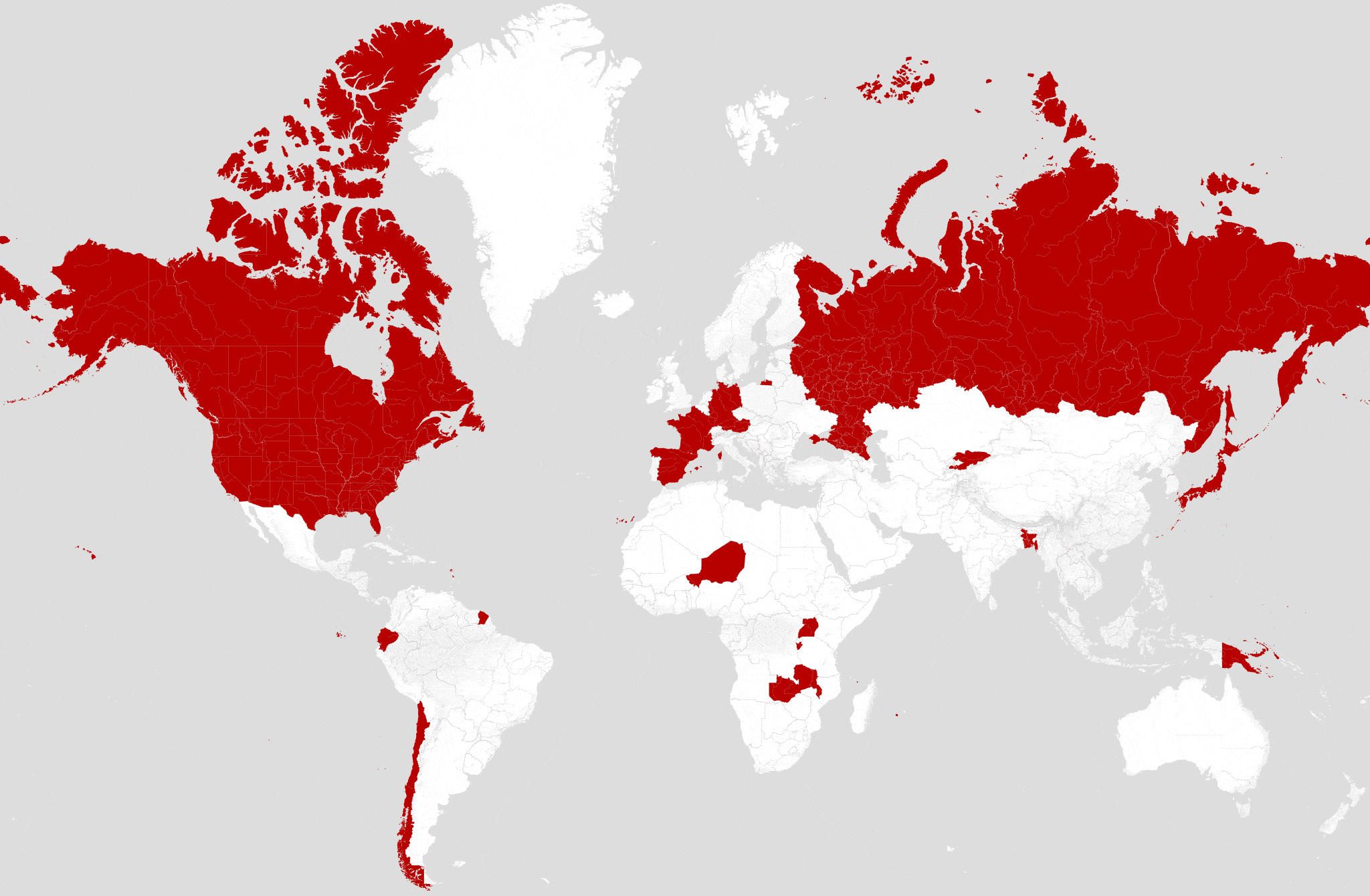
Russia
- Number of missionaries: 3
- Start of ministry in the country: 2001
- Focus of work: community work, extracurricular theological education (TEE)
Canada
- Number of missionaries: 11
- Start of ministry in the country: 1966
- Focus of work: church development, evangelism among immigrants, preparation of missionaries
Niger
- Number of missionaries: 1
- Start of ministry in the country: 2005
- Focus of work: medical work, training of specialists, evangelism
United States
- Number of missionaries: 15
- Start of ministry in the country: 1941
- Focus of work: mission mobilization, ministry training, evangelism among immigrants
Bangladesh
- Number of missionaries: 5
- Start of ministry in the country: 1974
- Focus of work: children’s villages and Christian schools, extracurricular theological training (TEE)
Burundi
- Number of missionaries: 6
- Start of ministry in the country: 1992
- Focus of work: church planting, church development, ministry training and theological education
Chile
- Number of missionaries: 2
- Start of ministry in the country: 2017
- Focus of work: mission mobilization among South Americans
Germany
- Number of missionaries: 78
- Start of ministry in the country: 1913
- Focus of work: church planting, Christian community development among children and
youth, intercultural work, evangelism, discipleship, mission mobilization
Ecuador
- Number of missionaries: 16
- Start of ministry in the country: 1989
- Focus of work: church planting, evangelism, theological education, ministry training, discipleship, Christian community development among children and women
France
- Number of missionaries: 11
- Start of ministry in the country: 1987
- Focus of work: church planting and church building, staff training
Japan
- Number of missionaries: 13
- Start of ministry in the country: 1927
- Focus of work: church planting, church development, discipleship
Malawi
- Number of missionaries: 14
- Start of ministry in the country: 1992
- Focus of work: Christian community development, village development with kindergarten and school, support for theological and craft training, youth work, ministry training, radio ministry
Micronesia
- Number of missionaries: 6
- Start of ministry in the country: 1906
- Focus of work: theological education, mission mobilization
Papua New Guinea
- Number of missionaries: 12
- Start of ministry in the country: 1914
- Focus of work: Christian community development among children and young people in socially disadvantaged areas, theological education and training, missionary work in the bush
Zambia
- Number of missionaries: 23
- Start of ministry in the country: 1985
- Focus of work: church planting, church development, discipleship, Christian community development among children and young people with school, theological and agricultural training
Spain
- Number of missionaries: 13
- Start of ministry in the country: 1996
- Focus of work: church planting and church building, staff training, discipleship
Kyrgyzstan
- Number of missionaries: 1
- Start of ministry in the country: 2005
- Focus of work: community and youth work, extracurricular theological training (TEE)
Austria
- Number of missionaries: 2
- Start of ministry in the country: 1984
- Focus of work: discipleship, work with children and young people, missionary sports work
Uganda
- Number of missionaries: 2
- Start of ministry in the country: 2022
- Focus of work: discipleship, mission mobilization, building and supporting local networks
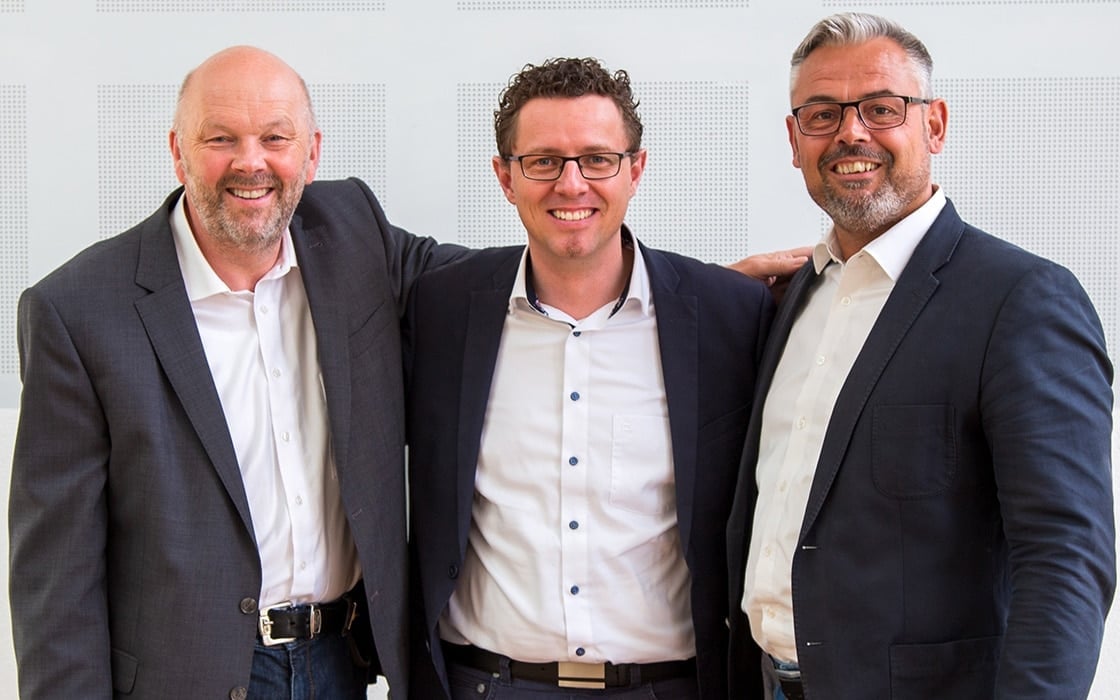
Management Team
Let’s get to know each other.
Dave Jarsetz, Mission Director, Prof. Dr. Volker Gäckle, Rector of the International University of Liebenzell, and Thomas Haid, Commercial Director, lead the Liebenzell Mission. For questions, suggestions, or similar inquiries, feel free to contact Christoph Kiess, Head of Public Relations, or Alexander Biskup, Assistant to the Mission Director.
Yesterday and today
How did the work of the Liebenzell Mission begin?
A start in Hamburg, a missionary pioneer with a major task, a persevering praying sister and a pastor with vision and heart. These are the “ingredients” for the story about the beginning of the Liebenzell Mission.
Heinrich Coerper
A founder who shaped his mission organization.
Without him, Liebenzell Mission would not have come into being like this: Pastor Heinrich Coerper (1863–1936). The founder of the English China Inland Mission (CIM), James Hudson Taylor, approached Heinrich Coerper with a request: A German branch of the English mission organization should be established. Heinrich Coerper agreed and on November 13th, 1899 the new organization was founded in Hamburg. After the organization lost it‘s home in Hamburg in 1902, Heinrich Coerper moved to Bad Liebenzell. There, for years, the deaconess Lina Stahl had asked for the Schlossberg to become a “fire-breathing mountain” from which the Gospel would spread into the whole world. In 1906 the young mission officially took the name of it‘s new home: The German branch of the China Inland Mission became “Liebenzeller Mission”. Heinrich Coerper had a significant influence on Liebenzell Mission and stood at the head of the work until shortly before his death. Today the Missionsberg is the headquarters for missionary work all over the world.
Lina Stahl
Eleven years of prayer by a deaconess have far-reaching consequences
A “fire-breathing mountain” in the middle of the Black Forest: Deaconess Lina Stahl has been praying for it for eleven years since 1891. From the Schlossberg in Bad Liebenzell the gospel is to be spread all over the world. The daughter of a Swabian pastor took care of the sisters there, who were in poor health. She begins to pray for this mountain to “be totally there for the Saviour” and become a place from which faith spreads like wildfire around the world. And in 1902, God heard her prayer: After the German branch of the China Inland Mission, founded in 1899, lost it‘s home in Hamburg, the Sister invited Pastor Heinrich Coerper, to move to the small town in the Black Forest. And so the Schlossberg became a “fire-breathing mountain”, as requested by Sister Lina Stahl. Without her, the Liebenzell Mission would not be imaginable.
What significance does the headquarter of Liebenzell Mission have?
The Black Forest town of Bad Liebenzell has been our home for around 125 years. From small beginnings a lot has developed. Many people have received impulses for their lives during the many missionary festivals. Every year about 40,000 children, young people, adults and seniors are our guests. We are a institution for all generations! Our Sisterhood lives only a few steps away from the students. They are all at home on the Missionsberg – just like our employees and trainees. They are committed to ensuring that our missionaries around the world can concentrate on their actual work.
It is our aim to transform the Missionsberg into an international, spiritual centre, where people of different cultures and nations experience God and fellowship. Rooted in the Black Forest, at home in the world.
Is the Liebenzeller Mission an international organization?
The headquarter of Liebenzell Mission is in Germany. But there are also independent branches of Liebenzell Mission in several countries worldwide. They are part of the network “Liebenzell Mission International”. Many of these branches send missionaries themselves, who then often work in international teams. The network Liebenzell Mission International includes:
LM USA
LM Canada
LM Switzerland + Lichtenstein
LM Austria
LM Hungary
LM Japan
It is wonderful to be an “international family”, working for the people worldwide.
Rooted in the Black Forest, at home in the world
Bad Liebenzell has been the home of Liebenzell Mission since 1902. The ten-hectare site with the Liebenzell Mission headquarters is known as the “Mission Mountain”. Church services and other events take place here. In addition to office buildings and workshops, the International University, the Intercultural Theological Academy, the Sisterhood, the ALPHA bookshop and the trips and travel facility as well as other areas of work have their home here. It is possible to discover the “Mission Mountain” in a variety of ways. From a virtual 360° panorama, to impressions, brief information, an insight into the history of the building and personally guided tours that provide interesting insights into the work and goals of Liebenzell Mission.
Support
How can I pray for the work of the Liebenzell Mission?
Each week our current prayer requests are sent by e‑mail. If you would like to be on the mailing list, please contact mission@liebenzell.org.
How can I donate for the work of the Liebenzell Mission?
If you wish to support us financially, please transfer your donations to the following account, or simply use the donation form below.
Recipient: Liebenzell Mission
Bank: Sparkasse Pforzheim Calw
IBAN Code: DE27 6665 0085 0003 3002 34
BIC Code: PZHSDE66XXX
Please specify the purpose of your donation.
Thank you very much.
How can I get in contact with Liebenzell Mission?
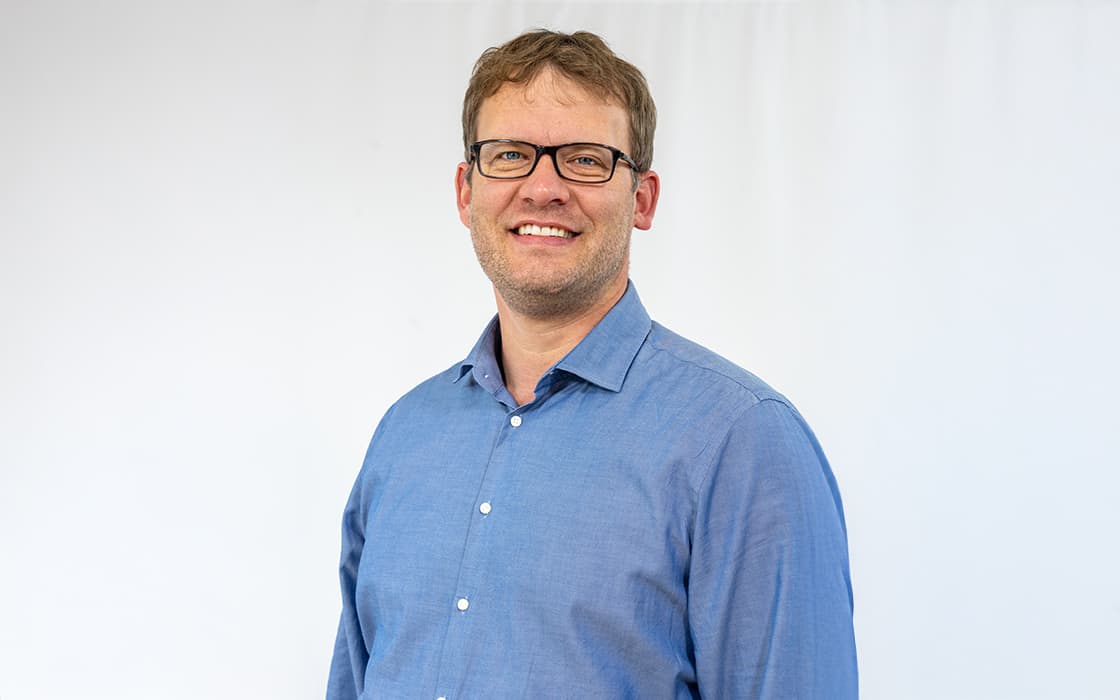
Contact
Alexander Biskup
Assistant to the Mission Director
Liobastr. 17
75378 Bad Liebenzell
Phone: +49 7052 17–7106
E‑Mail: mission@liebenzell.org


